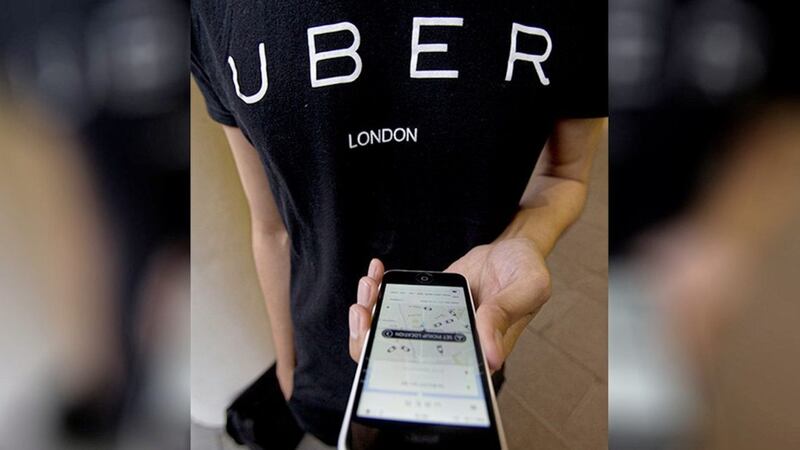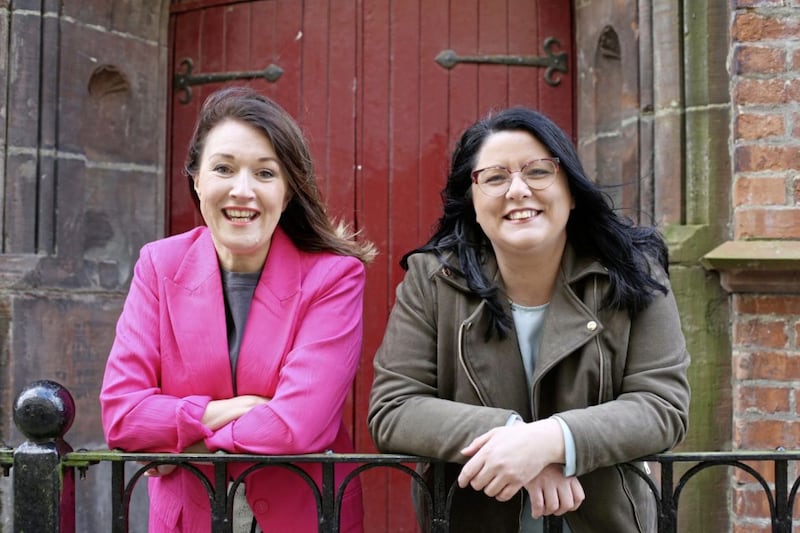THERE’S no doubt that Uber is a poster child for important innovations. It's been one of the most talked about brands in the world in recent years and has been treated as an extremely important company by the tech community, investors, the media, consumers and others.
But whilst it’s nice to be important, Uber has perhaps learnt the hard lesson that it’s more important to be nice.
The company, famous for its taxi hailing app, found out just over a week ago that it has lost its license to operate in one of its key markets. The UK authority responsible for taxis in London said that Uber isn’t “fit and proper” to operate cabs there.
Transport for London (TfL) announced that it wouldn’t renew Uber’s license as it wasn’t fulfilling its responsibilities as a company - its 'corporate responsibility'.
The issues raised include its approach to reporting serious criminal offences, the way it gets hold of information on drivers, and the fact it uses something called ‘Greyball software’, which stops regulators from accessing information from the app.
This has all followed a series of unsavoury stories in the media over the past year about its ‘aggressive and unrestrained workplace environment’ which has undermined the chief executive and led many to question how the company behaves. The decision by TfL is the latest in a line of challenges that seem to emanate from Uber’s culture.
When new employees join Uber, they are asked to subscribe to 14 core values, including making bold bets, being “obsessed” with the customer, and “always be hustlin’.”
Those values have helped propel Uber to one of Silicon Valley’s biggest success stories. But the focus on pushing for the best result has also fuelled what current and former Uber employees describe as an unsavoury environment at the company, in which workers are sometimes pitted against one another and where a blind eye is turned to bad behaviour by top performers.
What Uber’s experience has underlined is that having an innovative offering and strong demand for your product or service isn’t enough. How you behave is critical. Being nice is important.
And when I talk about being nice, I’m not suggesting that companies need to be saccharin. I’m not even suggesting that they shouldn’t be competitive and pursue their goals with determination. What I’m saying is that company culture is paramount. Your company culture will determine so many things, including how you treat your staff, how you engage with customers, stakeholders, the local community and the wider world.
I don’t think it’s unfair to say that Uber has had some serious company cultural issues, and that they begin at the very top.
Before I go any further, I think it’s important to point out that I have used Uber on many occasions. When I land at one of London’s airports for instance, having Uber in the taxi market for me is a welcome development, and a source of much-needed competition. Not having that option will make my taxi experience when in London the poorer. So I am actually an advocate of the product, but a disappointed customer when I read and hear about the cultural issues.
These are things that we at Novosco are acutely aware of. We put a big focus on culture. And we find that this brings huge bottom line benefits. We see tangible outcomes, and our customers value it. I see the same in a number of other Northern Ireland companies as well. It manifests itself in happy employees who radiate that happiness when dealing with clients and other audiences. It is evident in business decisions in relation to how these companies engage with young people, charities, the community and the environment.
In short, I think company culture is something that we are good at in Northern Ireland, and getting better at all of the time. And I think it plays well outside of our local market, being an advantage when dealing with customers in other parts of these islands and further afield. So be an Uber when it comes to innovation, but learn from their mistakes when it comes to culture.
:: Patrick McAliskey is managing director Novosco, an indigenous managed cloud company with offices in Belfast, Dublin, Cheshire and Cork. It employs over 150 people and works for leading organisations across the UK and Ireland, including many of Northern Ireland's top companies, UK health trusts, councils and other organisations.







